IN democratic societies that are part of the larger civilised world, the right to peaceful assembly and protest is fundamental. Nevertheless, governments establish rules and regulations to manage protests in order to preserve public order, ensure citizen safety, and uphold the rule of law. These regulations are designed to strike a balance between the rights of protesters and the broader societal interests.
In the United States, for instance, the First Amendment to the Constitution guarantees the right to peaceful assembly and freedom of speech. However, demons- trations are typically subject to local laws and regulations. Permits are commonly required for large gatherings or activities that could impact public safety or traffic. Instances of violence or damage to property may result in arrests and legal repercussions for those involved.
Moving on, in the United Kingdom, demonstrations generally require advance notification to the police under the Public Order Act of 1986, particularly if they are expected to surpass specified thresholds in terms of size or disruption. The authorities have the power to impose conditions on protests to prevent disorder, ensure safety, and protect the rights of others. Unlawful assemblies or violent acts can lead to arrests and prosecution under criminal law.
Likewise, Germany regulates protests under its own laws. While freedom of assembly is protected, organisers are typically required to notify authorities in advance for public demonstrations. In Canada, public assemblies, including protests, are generally lawful as long as they remain peaceful and comply with legal requirements. The same is the case in Australia.
In contrast, the situation in Pakistan is significantly different. The country has experienced several instances of violent protests in recent years. These protests, characterised by their intensity and occasional outbreaks of violence, tend to highlight underlying complexities within our society and the challenges of addressing these issues somehow through peaceful means. Incidents of violent protests have often resulted in casualties and injuries among protesters, law-enforcement personnel and bystanders.
Blockades of roads, acts of vandalism, and damage to public and private property disrupt daily life and essential services. Such disruptions affect businesses, schools and transportation networks, impacting livelihoods and economic stability. Persistent incidents of violent protests can exacerbate political polarisation and deepen social divisions within society.
It is important to note that Pakistan has laws and regulations designed to protect lives and property, and stringent measures are in place to address instances of violence. Leaders of violent protests in Pakistan exploit public sentiments, and use their followers as human shields to manipulate the government for personal gain. It is crucially evident that the state and law-enforcement agencies are showing leniency towards violent elements.
Inflation and poverty are universal challenges present worldwide. However, the solution to these issues does not lie in resorting to violence against the state and its institutions. Instead, there is a critical need to implement the existing laws and regulations in the country.
Abdul Basit Alvi
Muzaffarabad
Published in Dawn, July 25th, 2024
















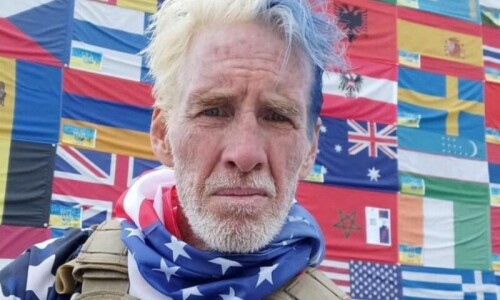
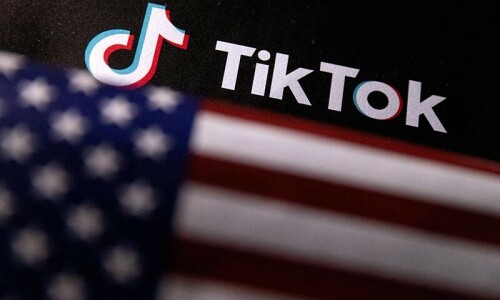

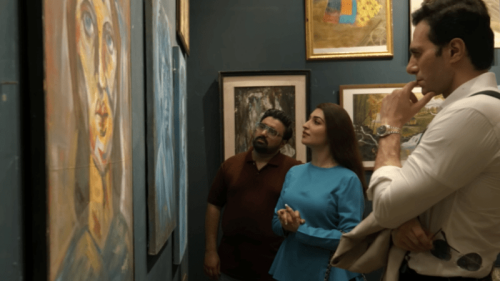











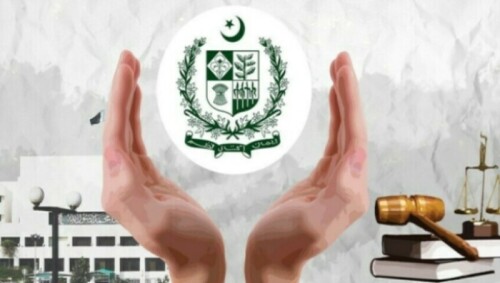
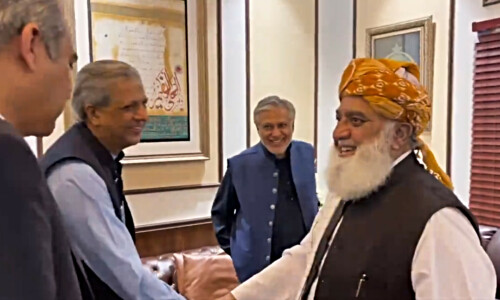


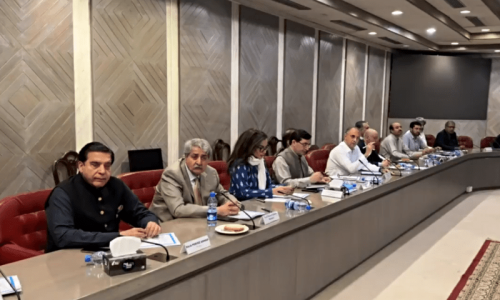

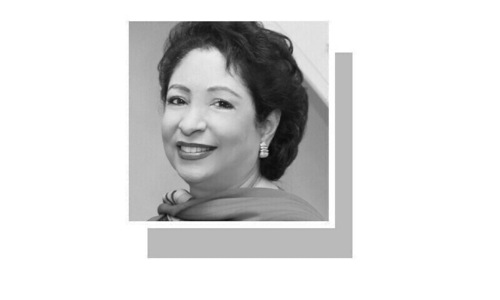




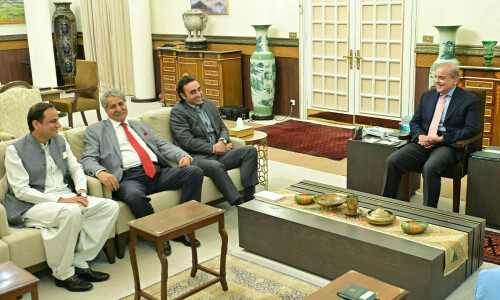

Dear visitor, the comments section is undergoing an overhaul and will return soon.